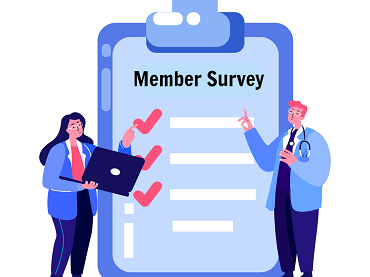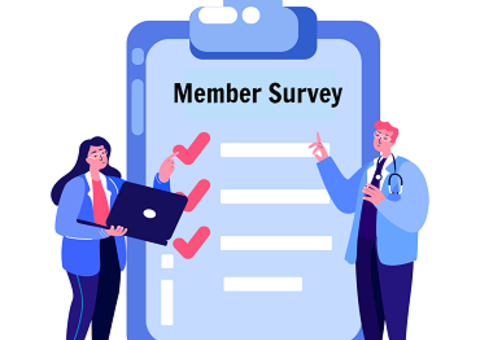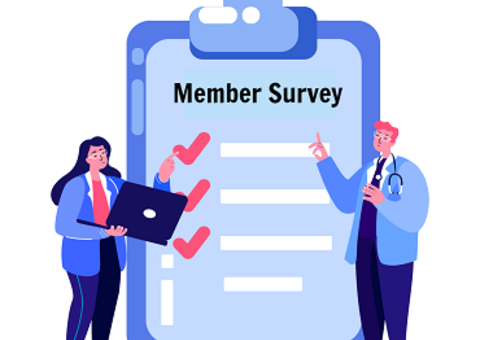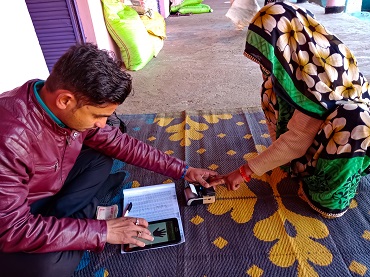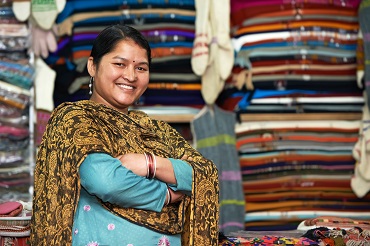Blog
Payments Technology: Expanding Access for SMEs in Africa
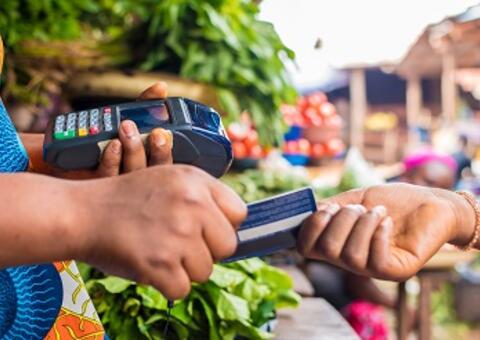
A webinar summary.
SMEs contribute significantly in terms of value-added to the economy and employment in any given country, but especially in emerging markets. However, their contribution is not matched with a proportionate availability of formal financing. For example, in Tanzania, 70% of SMEs have no access to formal financial services. Among these SMEs, a considerable percentage may be financially excluded, meaning they do not even have access to informal lines of credit. And this picture repeats itself in many countries in Africa and other emerging markets as well.
On Tuesday, August 18th, the SME Finance Forum hosted the second part of an open-webinar series on African Innovations in SME Finance. After a fruitful session on Mobile Financial Services in May, this webinar focused on Payments Technology with three leading performers in this space – JumiaPay (Juan Seco), Paystack (Amandine Lobelle) and Vodacom Tanzania (Epimack Mbetini). Each of these institutions has made a massive impact on financial inclusion for SMEs in the region, initially addressing a critical market gaps and evolving as their customers and the technology landscape has changed. JumiaPay started as an e-commerce marketplace for consumer goods, evolving to provide logistical services and from there, to creating a marketplace for financial institutions to provide services to merchants. Paystack is an online payments company to help merchants accept and disburse payments to their customers. The platform contains a built-in KYC mechanism precluding the need for a mobile or website to sign up. Mpesa started as a basic mobile money platform and transformed over the years to providing digital payments and micro savings and microloans.
The work of these institutions is a great example of the potential of digitization of payments to translate into formal sources of credit and other financial services. Traditional lenders are preoccupied with the need to view financial statements and collateral, but this practice excludes the majority of SMEs on the African continent. Instead, data available via digital payments platforms, or a mobile money platform, provide behavioral insights that can better inform the standard risk assessment process when assessing an SME. For example, as Epimack shared, there is a stark difference in NPL percentages between those who have access to formal financing and Mpesa’s customers. This is, among other reasons, due to the ability of the data to derive a more current perspective on lending and collections. Working with lending partners, both Mpesa and JumiaPay share their analyses and insights of the data they collect instead of the data itself in order to facilitate access to finance for their customers.
Data insights, however, are not only valuable for lenders but also for the merchants themselves. The utility of this data to help businesses grow is a main driver in Paystack’s business model as they seek to enable businesses to get started as quickly as possible through solutions like Paystack Commerce which is “e-commerce in a box” and remain informed by their own data to help them grow. Along this same line, Epimack noted that Mpesa is working on an application that allows the data collected to be used by merchants to inform their operations and improve profitability and productivity.
To that end, these digitally focused institutions are seizing the opportunity presented by COVID-19 to introduce a digital lifestyle to more merchants and customers. For instance, Paystack has built a simplified sign-up process to be as inclusive as possible. Since the onset of the pandemic, they have seen a 5x rise in sign-ups. Additionally, across all three institutions, there has been an emphasis on educating merchants on their journey to migrate online and an important part of this is understanding what are the barriers. On this issue, Juan shared the three key enablers for JumiaPay’s clients – i) Logistics, ii) JumiaPay and iii) JumiaPay Hub. Part of the solution, through partnership with Fawry, is to incorporate cash as an option in this digital journey. Through these enablers, Jumiapay has created an easy path and reasons to ‘go digital’, while focusing on developing trust in the payment mechanism and marketplace.
In a broader sense, the discussion recognized two challenges - the fragmentation of the payments landscape in Africa and regulatory support for digital innovation. E-commerce payment mechanisms built by JumiaPay and Paystack, and digital payment services such as Mpesa Till, address some of the fragmentation for example, but as Amandine specified, the extent and level of fragmentation varies from country to country. As for regulatory support for digital innovation, this is a key driver in digital transformation without which, enabling policies would cease to exist and, in turn, would paralyze innovations such as mobile money and payments, alternative lending, DFS and even digital KYC. A positive outcome from the COVID-19 pandemic, is that it has acted as a catalyst to accelerate regulatory support for a “cashless” world and digitization writ large.
Looking ahead, we will continue to rely on regulators to act as enablers as innovators find new ways to increase access to finance for SMEs. Additionally, improved data collection, disaggregation and analysis will tell a story of the actual operational and financial impact of this data on SMEs. JumiaPay, Paystack and Vodacom Tanzania all illustrate what is possible to achieve by thinking creatively and continuing to evolve to address market gaps, while advocating for supportive regulation through their results in reaching the under and unbanked.




